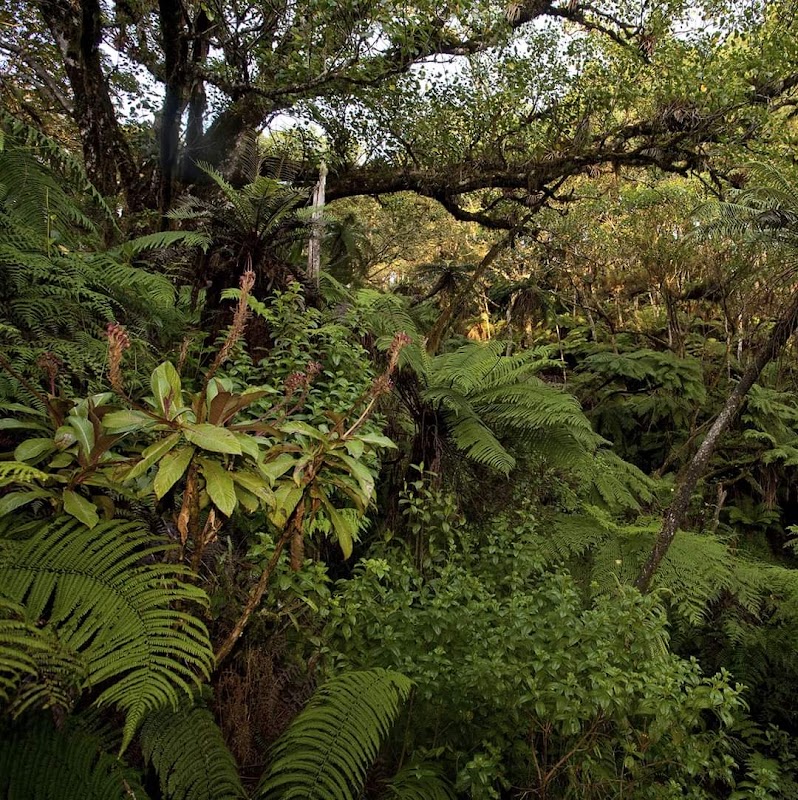
Experience the vibrant fusion of film, culture, and coastal charm at the Jacmel Film Festival held every February in Haiti’s Sud-Est. Beyond screenings, this event invites visitors to engage deeply with local stories and the colorful town that hosts them.
Plan Transportation Early
Arrange your transport between Port-au-Prince and Jacmel ahead of time to avoid festival-season shortages. Allow 2–3 hours for the drive under normal traffic conditions.
Wear Comfortable Footwear
Festivals venues vary from historic theaters to outdoor spaces with uneven surfaces; sturdy walking shoes will keep you comfortable throughout the day.
Stay Hydrated
February weather is warm and humid; carry water and drink regularly to maintain energy between screenings and exploration.
Book Accommodation in Advance
Jacmel’s small size means lodgings fill quickly during the festival. Reserving months in advance guarantees a spot near event venues.
Exploring Creativity at the Jacmel Film Festival in Sud-Est Haiti
Each February, the coastal town of Jacmel in Haiti's Sud-Est region pulses with a unique energy as the Jacmel Film Festival beckons filmmakers, cinephiles, and adventurers alike. This festival is more than a cinematic event—it's a vibrant gathering where the artistry of film meets the colorful, lively spirit of this Caribbean community. With films screened in historic theaters, alongside open-air venues facing the Caribbean Sea, attendees experience a blend of cultural richness and coastal charm.
Jacmel itself is a practical base for this adventure. The festival spans several days, offering a slate of local and international films, panels, and workshops that showcase stories fiercely rooted in Haitian identity and global perspectives. What makes the festival stand out is how it invites interaction; discussions feel accessible and welcoming, no matter your experience level with film. The town's quaint streets, marked by colonial architecture and bustling markets, offer plenty of breaks for exploration between screenings.
Logistics are straightforward: Jacmel is approximately 75 km southwest of Port-au-Prince, accessible via a roughly 2-hour drive on a paved road, but be prepared for local traffic and occasional road works. Accommodations range from comfortable guesthouses to charming boutique hotels—booking ahead during festival season is crucial. Given the tropical climate, lightweight but sturdy footwear is recommended, as some screening venues are outdoors or require brief walks on uneven surfaces.
Daytime festival activities conclude early enough to enjoy Jacmel’s coastline, where the sea dares you to dip into warm, clear waters or take a boat ride along the rugged shorelines. Evenings bring a different tempo; expect lively gatherings, music, and the warm glow of street lights reflecting the town’s creative pulse. Hydration is essential in this warm climate, especially when navigating the sunlit streets between venues.
For those planning their visit, stay alert to the festival’s evolving schedule, often updated annually, and consider engaging with local guides or hosts who can illuminate nearby cultural sites and natural sights. The festival is a gateway not just to film but to an authentic experience of Haiti’s southeastern coast—a place where story and landscape shape a compelling adventure of their own.
Nearby Trips
All Adventures
Boat Charters
Water Activities
Adventures near Jacmel, Sud-Est
Discover the unique and memorable adventures that make Jacmel, Sud-Est special.
Frequently Asked Questions
When exactly does the Jacmel Film Festival take place?
The festival typically runs for about a week in mid to late February, but dates vary slightly each year. Check official festival announcements for up-to-date schedules.
Are festival events held outdoors or indoors?
Screenings and related events are a mix of indoor theaters and outdoor open-air venues. Outdoor events take advantage of Jacmel’s mild evenings but be prepared for some seating on uneven ground.
Is the festival suitable for non-French speakers?
Yes, many films include subtitles in English or Spanish. Panel discussions and workshops often incorporate translation or are conducted in accessible language to welcome international guests.
What local transportation options exist in Jacmel?
Transport within Jacmel includes walking, taxis, and motorbike hires. The town is compact enough to explore on foot, but taxis are handy for short bursts when time is tight.
Are there opportunities to meet filmmakers or join workshops?
Yes, the festival encourages interaction through Q&A sessions, panels, and workshops that are typically open to all attendees interested in filmmaking.
What other activities should I plan around the festival?
Explore Jacmel’s artisan markets, historic architecture, and nearby beaches. The town’s creative vibe extends throughout its galleries, cafes, and coastal walks.
Recommended Gear
Comfortable Walking Shoes
Needed for navigating Jacmel’s mix of paved streets and uneven paths surrounding festival venues.
Lightweight Rain Jacket
A compact rain jacket helps manage short tropical downpours during the festival season.
Reusable Water Bottle
Staying hydrated is key in the warm climate when moving between screenings and exploring town.
Portable Phone Charger
Ensures your devices remain powered for festival schedules, maps, and photography.
Local Insights
Hidden Gems
- "View from Habitation Leroux, an old coffee estate offering panoramic views of Jacmel and the coastline."
- "Secluded coves east of town reachable by local boat for a quiet swim away from crowds."
Wildlife
- "Tropical birds like the Hispaniolan Trogon, which perch amid Jacmel’s flowering trees."
- "Small reptiles and frogs active around the town’s lush gardens and coastal vegetation."
History
"Jacmel is a town rich in colonial history, with French built architecture dating back to the 18th century. It has a strong legacy in arts, particularly papier-mâché crafts that echo the community’s vibrant cultural heritage."
